Psychosis is a very general term for a group of specific mental disorders. However, all these mental disorders have one thing in common – the affected person experiences several symptoms leading to situations in which a person affected by psychosis loses control over themselves.
It can indicate many mental problems, e.g., schizophrenia presence. Psychosis manifestation may occur in different intensities and combinations, significantly disturbing a person's daily functioning. Because people experiencing psychosis lose their critical thinking, they require support from their surroundings and psychiatric help.

There are many various psychotic disorders![]() . The final diagnosis depends on the type, duration, and severity of symptoms and requires a thorough assessment by a psychiatrist. Usually, psychosis is observed in conditions like:
. The final diagnosis depends on the type, duration, and severity of symptoms and requires a thorough assessment by a psychiatrist. Usually, psychosis is observed in conditions like:
Schizophrenia![]() is chronic. It means that recurrent exacerbations of the disease are interspersed with periods of remission. It involves a severe loss of contact with reality. Its significant manifestation is many disorders in perception, thinking, emotions, and behavior. Its appearance varies depending on the subtype.
is chronic. It means that recurrent exacerbations of the disease are interspersed with periods of remission. It involves a severe loss of contact with reality. Its significant manifestation is many disorders in perception, thinking, emotions, and behavior. Its appearance varies depending on the subtype.
There is paranoid schizophrenia![]() in which positive symptoms predominate. The most common ones include delusions of persecution, meaning that the patient has the feeling of being followed, watched, or overheard. There may also be grandiose delusions (the belief of being an outstanding person) and delusions of self (the feeling of being the object of special attention), which often create one coherent, delusional vision. However, in residual (chronic) schizophrenia, negative symptoms of varying degrees of severity predominate.
in which positive symptoms predominate. The most common ones include delusions of persecution, meaning that the patient has the feeling of being followed, watched, or overheard. There may also be grandiose delusions (the belief of being an outstanding person) and delusions of self (the feeling of being the object of special attention), which often create one coherent, delusional vision. However, in residual (chronic) schizophrenia, negative symptoms of varying degrees of severity predominate.
Another type is catatonic schizophrenia![]() , during which we can observe frequent changes in the patient's behavior. There are alternating moments of arousal and freezing in one position. The patient may remain in a state of stupor for several hours.
, during which we can observe frequent changes in the patient's behavior. There are alternating moments of arousal and freezing in one position. The patient may remain in a state of stupor for several hours.
In hebephrenic schizophrenia![]() , the patient's primary problem is chaoticness and inability to concentrate and complete a task. Their actions often seem inconsistent and reckless.
, the patient's primary problem is chaoticness and inability to concentrate and complete a task. Their actions often seem inconsistent and reckless.
Patients with simple schizophrenia![]() do not experience hallucinations or delusions. However, we can observe changes in their behavior, e.g., withdrawal, isolation, and apathy.
do not experience hallucinations or delusions. However, we can observe changes in their behavior, e.g., withdrawal, isolation, and apathy.
An interesting case is undifferentiated schizophrenia. During this condition, symptoms characteristic of the disease are observed, but their diversity does not allow for classification into any of the above types of schizophrenia.
The causes of schizophrenia are complex and still under research. However, many specialists believe that innate neurobiological susceptibility (related to the imbalance of neurotransmitters) and unfavorable environmental influences are responsible for causing this condition.
Specialists divide psychosis signs into two groups. The first one is called positive (generative) symptoms![]() . It includes:
. It includes:
Generative symptoms may appear in the case of alcoholism, severe somatic conditions, withdrawal syndrome, substance abuse, or a severe manic episode.
Another group is negative symptoms![]() :
:
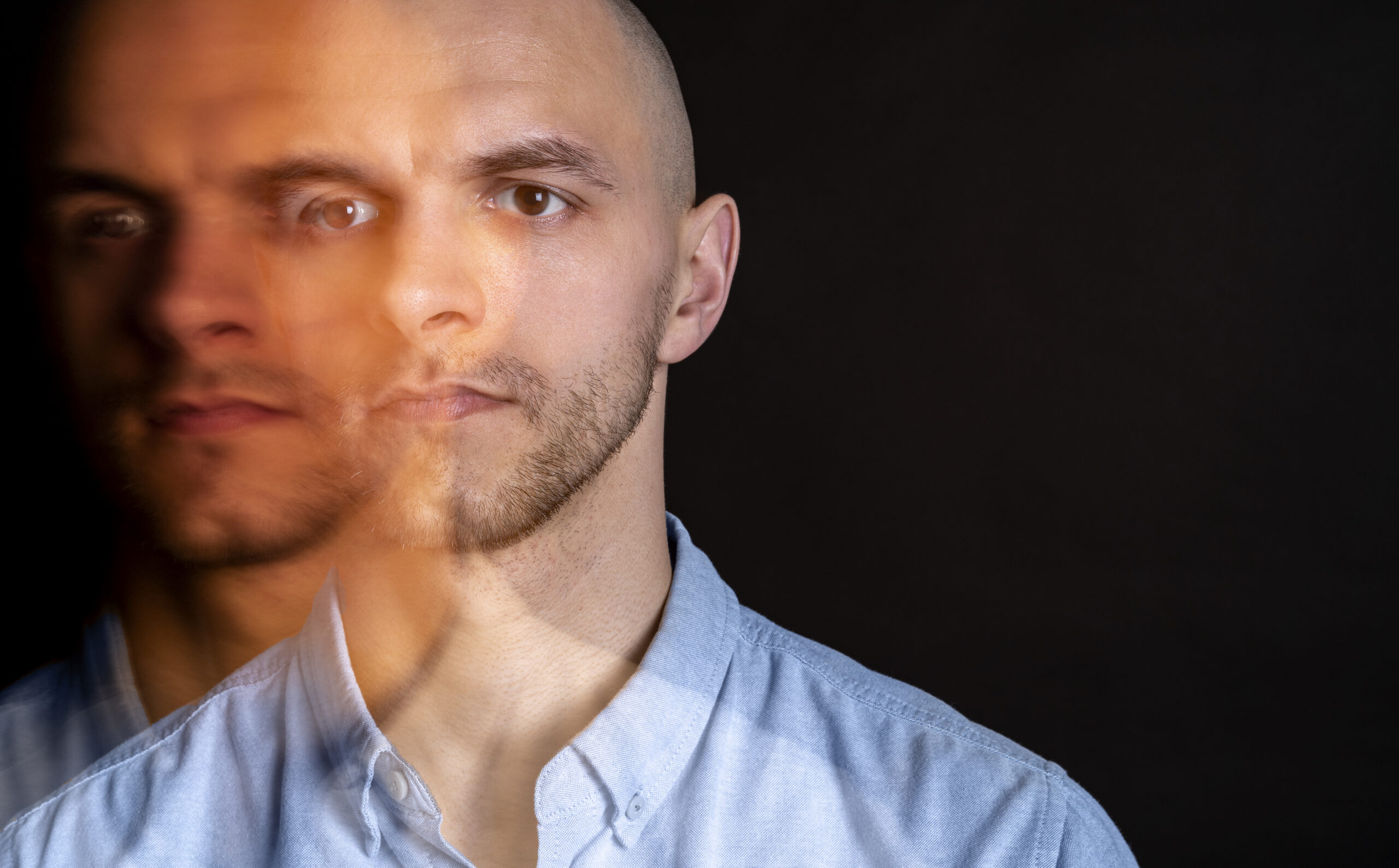
If the symptoms become more severe, contact with the real world may be completely lost. In the case of disorganization![]() , we are talking about:
, we are talking about:
Symptoms of psychosis also include:
The first symptoms of psychosis are not easy to notice, which can result in missing them, especially if no one expects an attack of psychosis. Moreover, because it is the first attack, it is problematic to expect it. That is why psychosis usually starts relatively innocently.
At the very beginning, there may be problems with concentration, the ability to focus attention, or acquiring new knowledge. There will be disturbances in thought and memory. There may be difficult-to-explain fears, constant, increasing feelings of anxiety, and disruptions in sleep and appetite.
A person suffering from the first symptoms of psychosis may also complain of a kind of slowdown and may increasingly lose energy and motivation. It causes them to withdraw more and more from social life and activity. It may lead to complete withdrawal from contact with other people or abandoning hobbies and other activities that previously brought joy and satisfaction. Ultimately, slowness and lack of energy may result in the person affected by it not having the strength to take care of themselves, e.g., wash, prepare dinner, clean the apartment, get dressed, or even get out of bed.
However, before this happens, people with psychosis will become more withdrawn from social roles. A person affected by these symptoms will increasingly withdraw from social contacts – neglecting relationships, friends, parents, children, and siblings. They will not be able to function within a specific social role.
At this stage of the disease, the patient still firmly denies that there is anything wrong with them and does not seem to notice the symptoms of the disease. They may also use alcohol and other psychoactive substances to alleviate the condition manifestation.
They will also become more irritable and suspicious. Their behavior becomes strange, meaning they start to behave differently than before—more bizarre and, in a way, completely incomprehensible to the people surrounding them.
To understand the origins of psychosis, we must first look at its varieties. The specialists divided types of psychosis into two main categories: exogenous psychosis![]() and endogenous psychosis
and endogenous psychosis![]() .
.
Endogenous psychoses are conditions that have internal causes. These include schizophrenia and schizoaffective disorders, which result in, for example, schizoaffective psychosis or some types of bipolar disorder (hence the no longer used name manic-depressive psychosis). Schizoaffective psychosis involves both mood and psychotic disorders.
Exogenous psychoses, in turn, are conditions whose genesis lies in an external factor. These include, for example, alcohol-related psychosis or psychosis caused by drug abuse, taking stimulants, or other psychoactive substances. The reason may also be somatic diseases, e.g., dementia.
In the case of psychotic disorders with an exogenous source, we can also distinguish a syndrome called reactive psychosis. A typical phenomenon is the already mentioned alcohol psychosis – psychotic disorders usually appear a few days after stopping alcohol previously abused in large amounts.
It is worth adding that genetic predispositions and unfavorable environmental conditions occurring early in life are significant components of the occurrence of psychosis. This does not mean, however, that everyone belonging to the risk group has to fear the inevitable fight against mental disorders – the tendency to mental disorders is inherited, not the diseases themselves.
If you experience psychosis or notice its symptoms in people around you, this does not always mean that you are diagnosed with a severe mental condition. When you see a doctor, they may suspect a “psychotic disorder.”
However, only after taking into account the clinical picture, course of treatment, and clinical observation of the patient the specialist may diagnose mental disorders.

A psychiatrist diagnoses psychotic disorders![]() based on a personal psychiatric examination of the patient. The diagnosis is based primarily on observation and conversation with the patient. For a complete picture, it is also advisable to talk to the patient's family and discuss, among other things, the patient's current functioning.
based on a personal psychiatric examination of the patient. The diagnosis is based primarily on observation and conversation with the patient. For a complete picture, it is also advisable to talk to the patient's family and discuss, among other things, the patient's current functioning.
Laboratory and imaging tests are necessary to evaluate the patient's general condition and exclude other diseases. In the diagnosis of psychotic disorders, the psychiatrist examining you may use various questionnaires to assess the occurrence and severity of psychotic symptoms.
In the case of psychosis, it is significant to start treatment![]() as soon as possible. The earlier, the better for the sick person. That is because the sooner an individual with psychosis begins treatment, the faster the disturbing symptoms will disappear. If functional disorders are noticed and excluded, the hospitalization period will be significantly shortened very quickly. There may also be no such need at all.
as soon as possible. The earlier, the better for the sick person. That is because the sooner an individual with psychosis begins treatment, the faster the disturbing symptoms will disappear. If functional disorders are noticed and excluded, the hospitalization period will be significantly shortened very quickly. There may also be no such need at all.
Quick implementation of appropriate treatment also allows a person with psychosis to avoid addiction to inappropriate drugs. The chance of developing an addiction to alcohol or drugs is also reduced, and a person with psychosis may use them much more often to try to deal with their problems on their own, the nature of which they are unable to understand.
Appropriate pharmacotherapy is essential. The psychiatrist prescribes adequate drugs and determines their dosage. An individual with psychosis cannot stop taking medications or change their dose themselves. However, if they feel that medications are not helping them or they are experiencing unwanted side effects, it is always best to consult with their doctor. A person with psychosis will see the first effects of the medicines after about a week – then, they will be able to observe the calming effect. About four to six weeks after starting regular medication, they will notice the antipsychotic effects.
In addition to pharmacotherapy, psychotherapy is absolutely essential, too, as it will help a person affected by psychosis understand the nature of their illness and behavior, as well as learn to function in society again. Depending on the specific needs of an individual patient, this may be individual therapy, group therapy, or both forms of therapy simultaneously.
In the case of psychosis, psychoeducation also plays a very important role. It is this that allows the person with psychosis and their loved ones to understand the nature of the disease, learn to detect the first symptoms of its recurrence, and tame their fear of psychosis. Psychoeducation also allows them to get rid of harmful stereotypes about psychosis itself and people affected by it.
Table of Contents
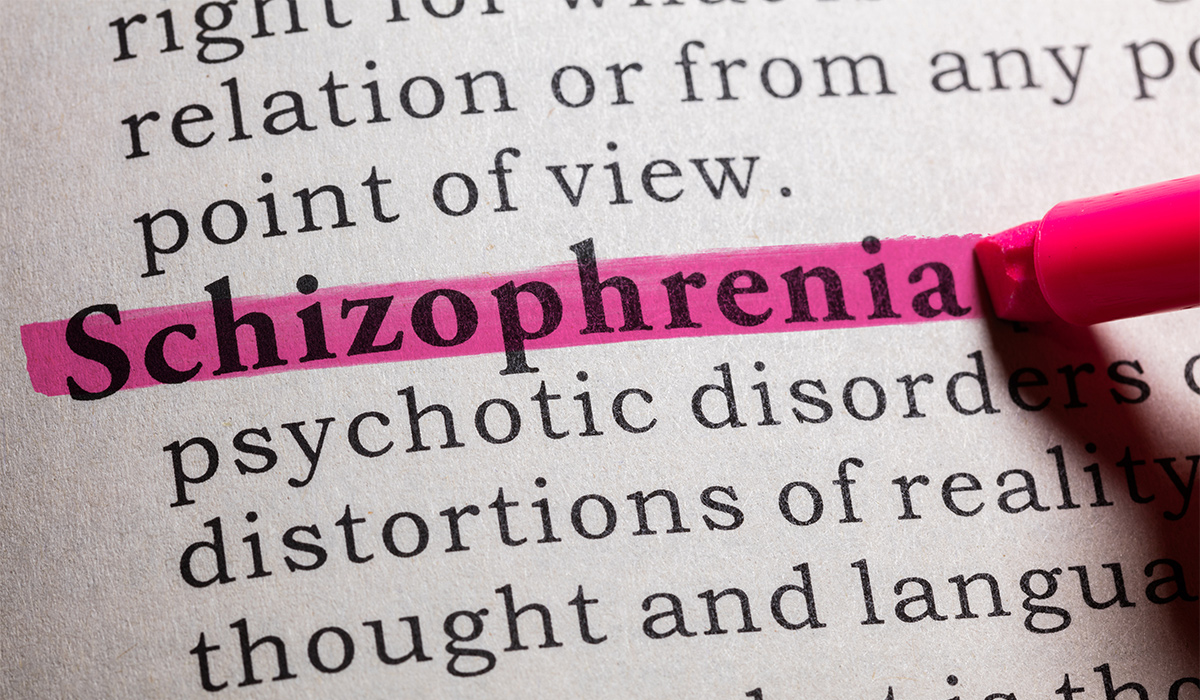
Schizophrenia is a mental illness with a gradual course. It consists in a changed and inadequate perception, reception and assessment… read more »
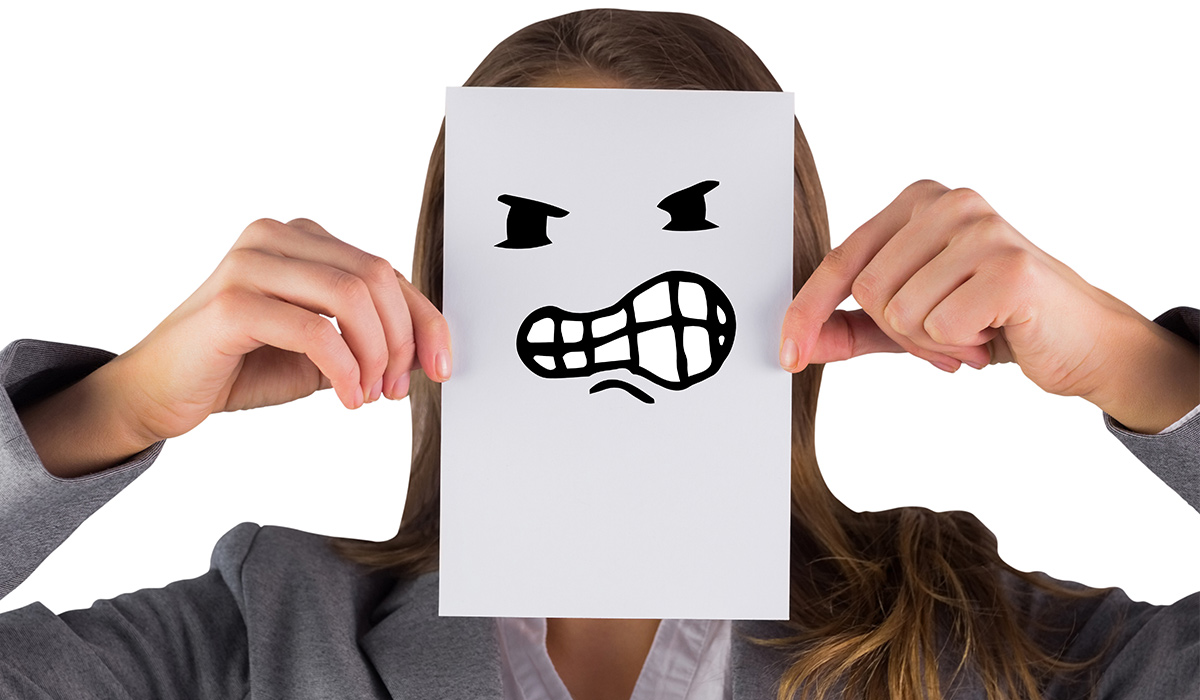
Schizophrenia is a psychotic disorder characterized by several groups of symptoms. The signs of schizophrenia may be present all the… read more »

DSM-5, or the Diagnostic and Statistical Manual of Mental Disorders, is a comprehensive classification and diagnostic tool published by APA. read more »
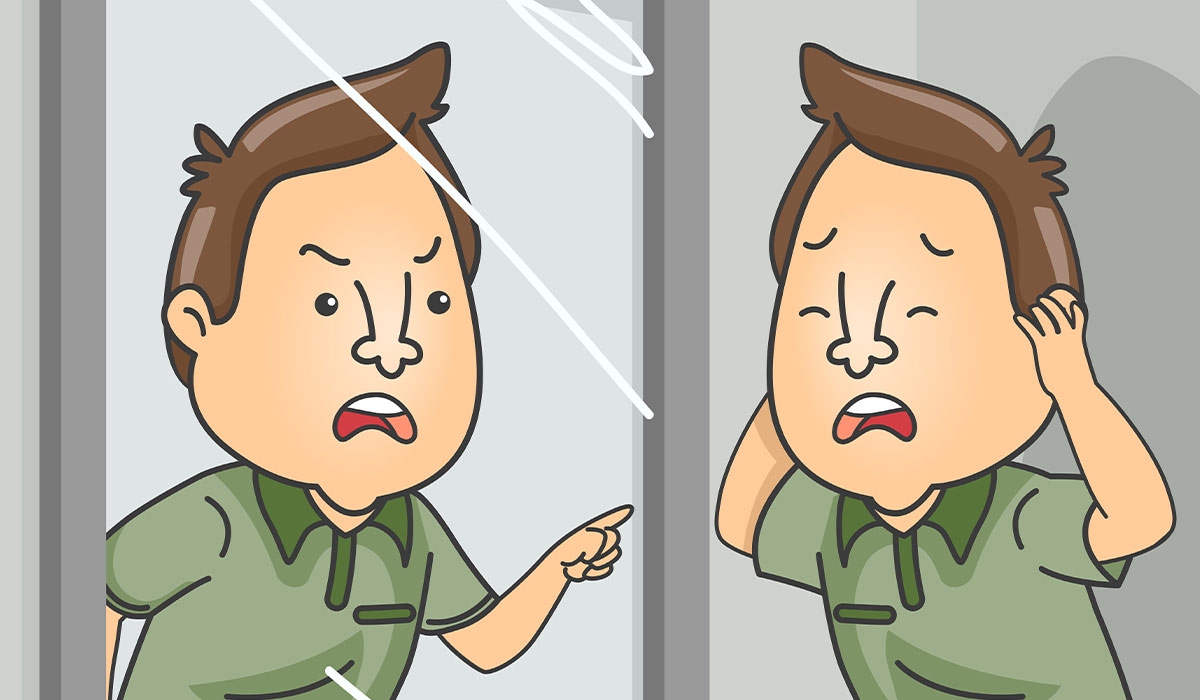
Dissociative identity disorder Ii is characterized by the presence of at least two independent and different personalities in one person.… read more »
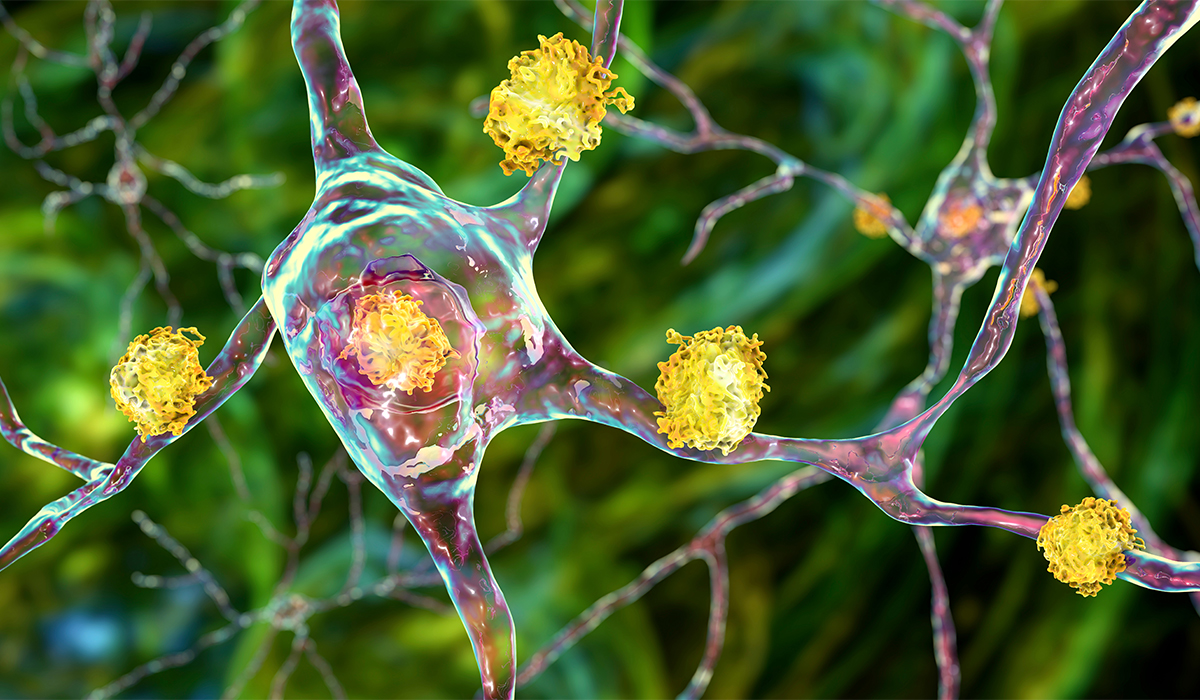
Huntington's disease is genetically determined. No effective cure has yet been developed, but research into modern treatments is ongoing. Learn… read more »
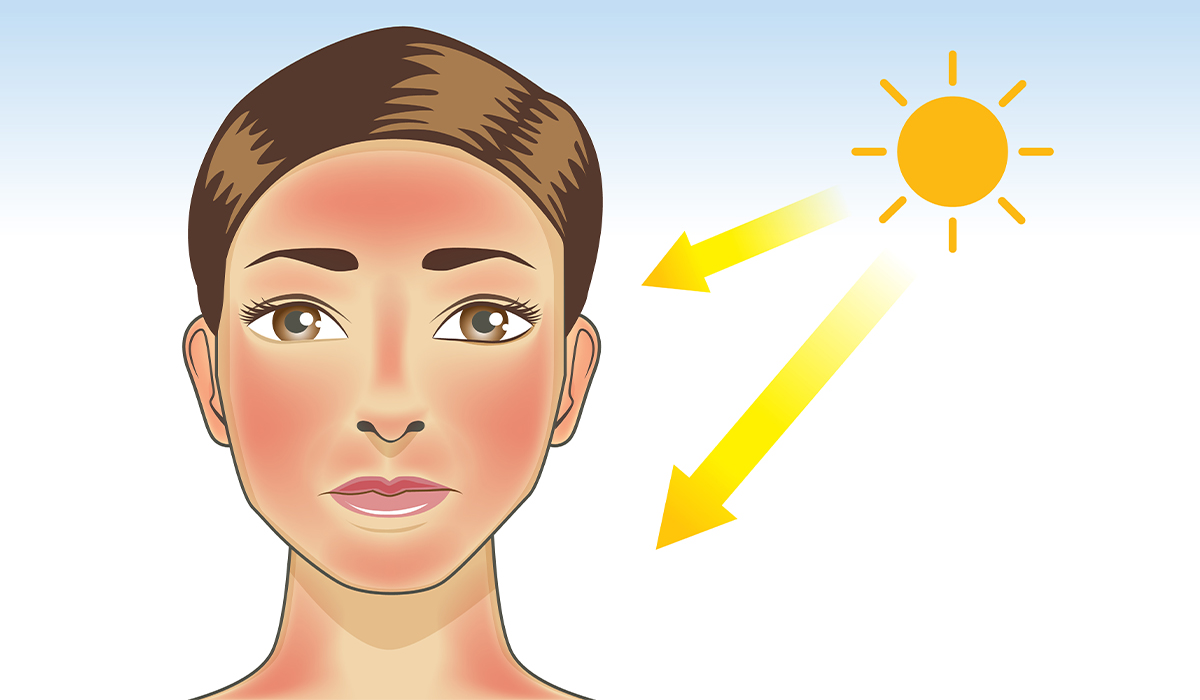
Sun Poisoning is a more severe form of sunburn. Additional distressing symptoms may occur. Learn about the effects of sun… read more »

Mental health is the foundation of a good life. Learn strategies on how to improve your mental well-being. Create a… read more »
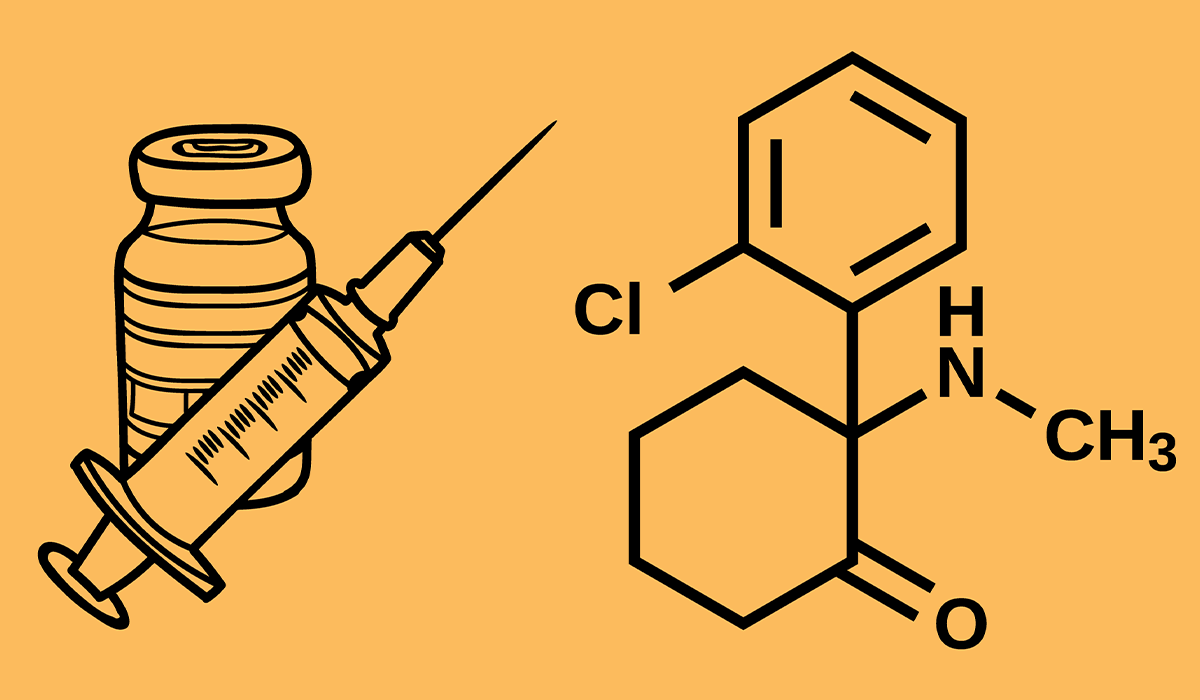
Ketamine is a drug used for anaesthesia or treatment of various conditions. However, the substance can pose risks. Find out… read more »
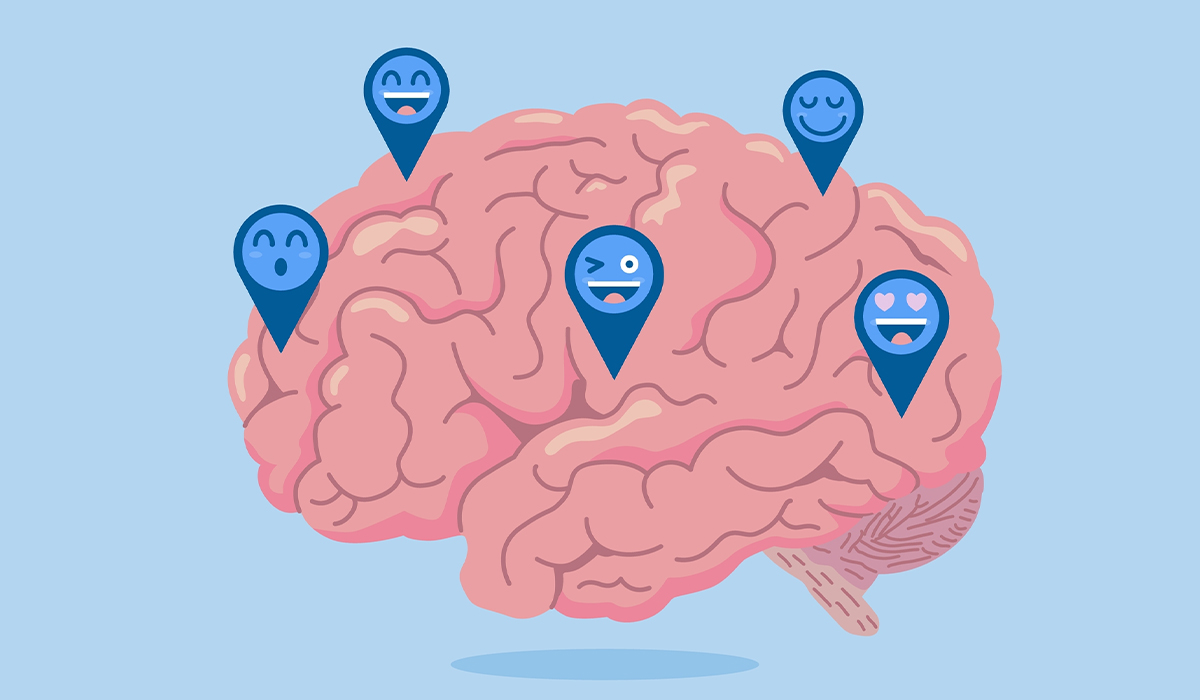
Dopamine is a chemical compound with various functions in the human body. Its levels affect overall health. Learn more about… read more »